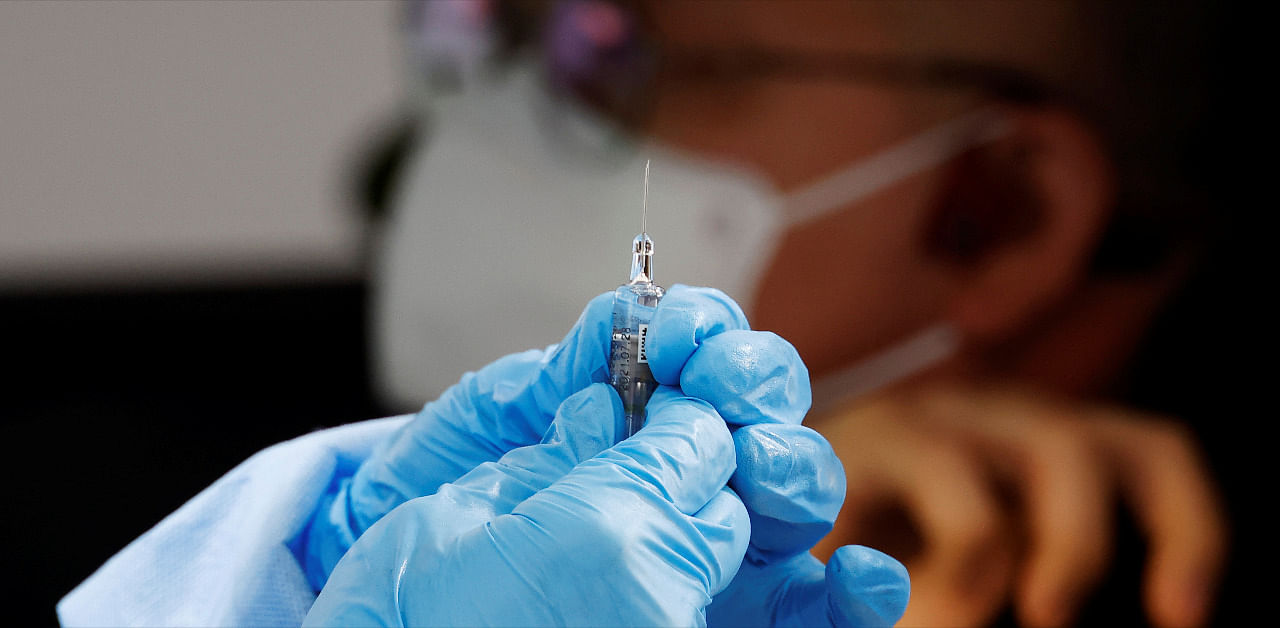
A one-hundred-year-old vaccine to safeguard children from tuberculosis has been shown to boost the immune system in senior citizens in India, priming the body's internal defence mechanism to take on Covid-19, suggests new research from the Indian Council of Medical Research.
While the new ICMR study hasn't yet demonstrated the actual protection, initial results from the trials of BCG vaccine on the elderly are promising.
The study is part of ICMR's larger multi-centre trial to check whether BCG vaccination in the 60-plus group can protect them against Covid-19.
The Indian trial was launched in the wake of multiple scientific reports of how countries with BCG vaccine in their child immunization portfolio had benefited indirectly with a lower number of Covid-19 positive cases as well as deaths.
As a part of the trial, researchers at the National Institute for Research in Tuberculosis gave the shot to 54 persons between 60-80 years of age and compared their immune response with a group of 32 persons who didn't get the vaccine. Both groups were followed up for a month. The aim was to check the responses in various arms of the human immune system.
While BCG is known to impart indirect protection to neonatal sepsis and respiratory illness by boosting the immune system in kids, there is no evidence of similar action in adults.
The findings now highlight the positive effect of BCG vaccination in modulating two types of immune responses in the body responsible for short-term and long term protection.
“Our study did not examine the functional effects of these changes in the immune system, the data nevertheless reveal an important role for BCG vaccination in boosting immune responses in the elderly population. It also reveals an effect of BCG in inducing heightened total antibody levels,” the NIRT team reported in a preprint of the study, which is not yet peer-reviewed but released in the public domain.
The study doesn't demonstrate whether immune boosting actually translates to improved protection against SARS-CoV-2. That would be determined by the ongoing ICMR trial at six centres, the results of which are expected next year.
The multi-centre trials began in July in Chennai and Tiruvallur districts of Tamil Nadu. Other sites are National Institute of Occupational Health, Ahmedabad; National Institute for Research in Environmental Health in Bhopal; GS Medical College and KEM Hospital in Mumbai; National Institute for Implementation Research on Non-Communicable Diseases in Jodhpur and All India Institute of Medical Sciences, Delhi. It will cover around 1,600 healthy individuals above the age of 60.
